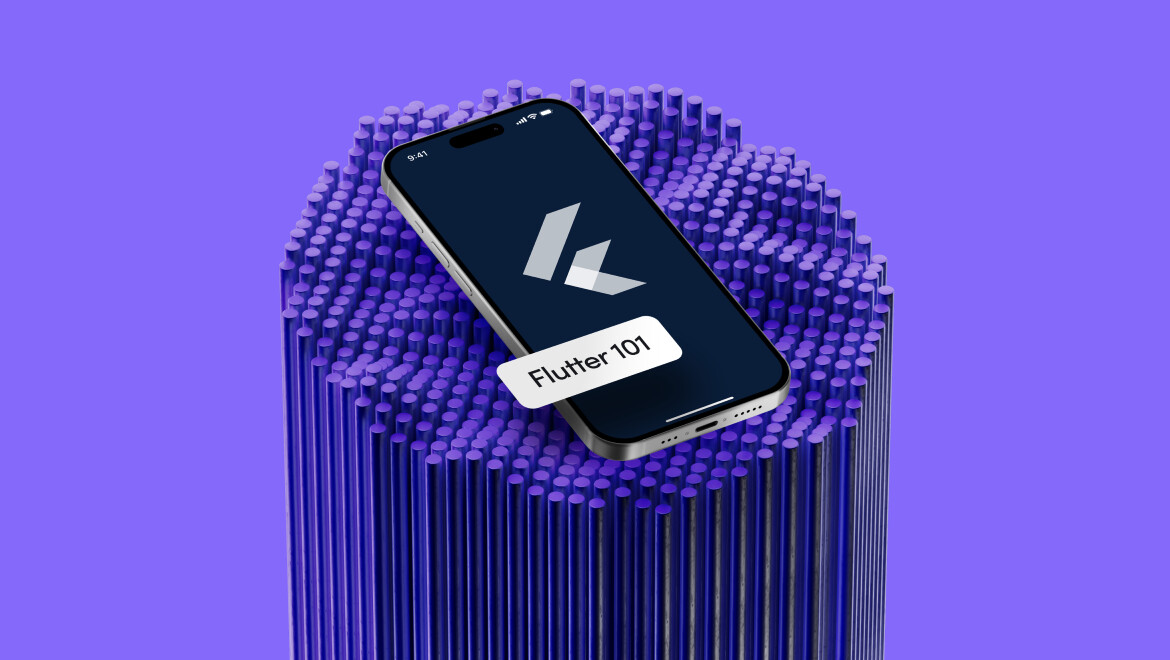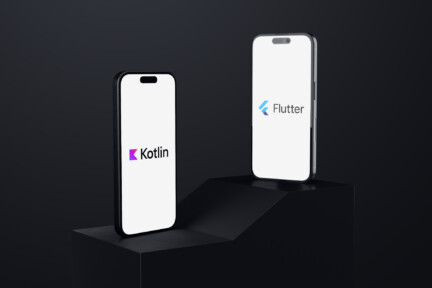

Flutter vs Angular
Flutter vs Angular Detailed Comparison
When comparing Flutter vs Angular, two popular frameworks used in mobile and web development, it’s important to understand their distinct strengths, use cases, and technological foundations. Both tools are widely adopted by developers, but they serve different purposes and are suited for different types of projects.
What is Flutter?
Flutter is a UI software development kit (SDK) developed by Google, primarily used for building cross-platform mobile applications. It allows developers to create native-like apps for both iOS and Android using a single codebase, written in the Dart programming language. Flutter’s main appeal lies in its “write once, run anywhere” capability, meaning developers can reuse the same code across multiple platforms, saving time and effort.
Key Features of Flutter:
- Widgets-based architecture: Flutter’s UI is built using widgets, making it flexible and highly customizable.
- Hot reload: Flutter offers a quick development cycle with real-time updates.
- Performance: Flutter solutions run with native performance thanks to the use of a compiled language (Dart).
- Popular Use Cases: Mobile app development, such as Google Pay and Alibaba’s mobile apps.
What is Angular?
Angular, on the other hand, is a web application framework also developed by Google. It’s written in TypeScript and designed specifically for building dynamic, single-page web applications (SPAs). Angular is a full-fledged MVC (Model-View-Controller) framework, offering built-in solutions for routing, state management, and form handling. It’s particularly popular for enterprise-level applications.
Key Features of Angular:
- Component-based architecture: Angular applications are built with reusable and testable components.
- Two-way data binding: This feature ensures real-time synchronization between the model and the view.
- CLI and built-in tools: Angular offers a robust Command Line Interface (CLI) and built-in testing tools for streamlined development.
- Popular Use Cases: Angular is often used for large-scale web apps such as Google Cloud Console and Microsoft Office 365.
Comparison: Flutter vs Angular
Purpose and Platforms
- Flutter is used for mobile app development (iOS, Android) and increasingly supports web and desktop development.
- Angular is primarily for building complex web applications, focusing on browser-based environments.
Language
- Flutter uses Dart, a language designed for client-side development.
- Angular relies on TypeScript, a superset of JavaScript known for its static typing and large-scale project suitability.
Performance
- Flutter apps provide near-native performance, as they are compiled directly to machine code.
- Angular’s performance depends on how well the JavaScript runtime and the browser engine handle the app. It’s optimized for web use but doesn’t offer the same mobile-native performance.
Development Speed
- Flutter’s hot reload feature allows developers to see code changes instantly, speeding up mobile app development.
- Angular offers strong tooling but is slightly more complex and structured, which might slow down the development process for beginners.
Ecosystem and Community
- Flutter has a growing ecosystem of libraries and plugins, especially for mobile app development.
- Angular has a long-established, extensive ecosystem, with many resources, tools, and enterprise-level support.
When to Use Flutter vs Angular
- Choose Flutter if your primary goal is to build cross-platform mobile apps quickly with a single codebase that works across Android and iOS, or even across desktop and web.
- Opt for Angular when building dynamic web applications, especially if you require robust architecture, scalability, and extensive frontend capabilities for complex enterprise-level apps.
In conclusion, when evaluating Flutter vs Angular, the decision largely depends on your project’s requirements. If your focus is mobile app development with the flexibility to expand to web and desktop, Flutter might be the better choice. However, for web-based applications, especially those requiring large-scale, dynamic content, Angular offers more specialized tools and structure.
Ready to discover more terms?






